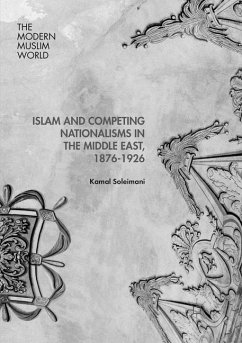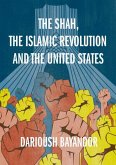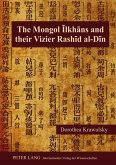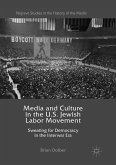Opposing a binary perspective that consolidates ethnicity, religion, and nationalism into separate spheres, this book demonstrates that neither nationalism nor religion can be studied in isolation in the Middle East. Religious interpretation, like other systems of meaning-production, is affected by its historical and political contexts, and the processes of interpretation and religious translation bleed into the institutional discourses and processes of nation-building. This book calls into question the foundational epistemologies of the nation-state by centering on the pivotal and intimate role Islam played in the emergence of the nation-state, showing the entanglements and reciprocities of nationalism and religious thought as they played out in the late nineteenth and early twentieth century Middle East.








